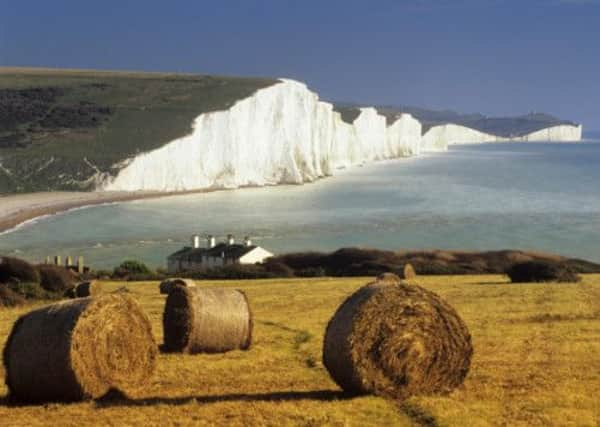Debate on EU greening measures causes split


After a day of intense debate between MEPs over reforms of the EU’s farm policy, Paolo De Castro, chairman of the European Parliament’s Agriculture Committee, claimed that a proper balance between food security and improved environmental protection had been struck.
Payments must be shrouded by less bureaucracy and fairer to farmers, not least to empower them to cope with crises, he said.
Advertisement
Hide AdAdvertisement
Hide AdAccording to the agreed stance adopted by elected members, reform of the Common Agricultural Policy (CAP) should include providing more money for young farmers and small farms. It agreed that a cap of direct payments for larger farms should be introduced to avoid any one farm receiving more than 300,000 euros and nearly a third of national budgets for direct payments should depend on farmers delivering mandatory ‘greening’ measures; schemes to protect the environment by the conservation of natural habitats.
This position now forms the Parliament’s mandate to begin negotiations with the European Commission and the EU Council of Agriculture Ministers, which includes the UK’s Environment Secretary Owen Paterson and his 26 European counterparts.
Talks are expected to begin later this month. All three institutions need to reach an agreement to allow the new CAP to be finalised.
Moves to cut CAP bureaucracy were welcomed by both environmental and agricultural lobby groups representing Yorkshire’s farmers and wildlife, but there was mixed feelings to greening proposals.
Advertisement
Hide AdAdvertisement
Hide AdDr Rob Stoneman, chief executive of Yorkshire Wildlife Trust, said: “There was support for linking the over £2.5bn direct payments to farmers and land managers in the UK to three greening measures – crop diversification, protection for permanent grassland and identification of ecological focus areas, though attempts to further strengthen these measures were rejected.”
Christopher Price, director of policy at the Country Land and Business Association, said it was clear that farmers will be obliged to be much greener but there was confusion as to whether farmers must comply with the Commission’s three specific forms of greening or whether participation in an agri-environment scheme will be sufficient. He did however welcome that the extent of which these obligations should be met should depend on the size of the farm.
Meurig Raymond, deputy president of the National Farmers’ Union, said he was somewhat relieved to see the Commission’s “ludicrous” proposal to set-aside seven per cent of land for ecological focus areas cut to three per cent and that farm level restrictions on ploughing of permanent grassland should not be introduced, in the first instance, but he was extremely disappointed over support for amendments which would have derogated farmers who are already undertaking agri-environment commitments, from having to meet further greening requirements.